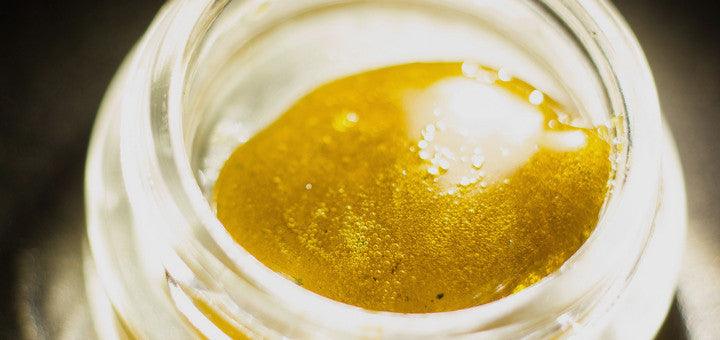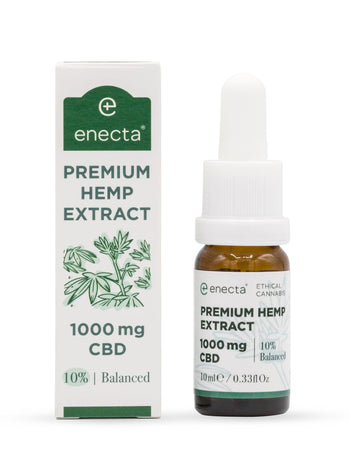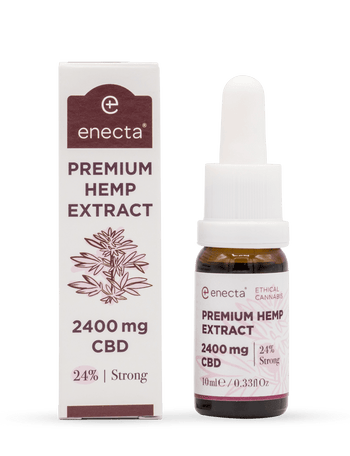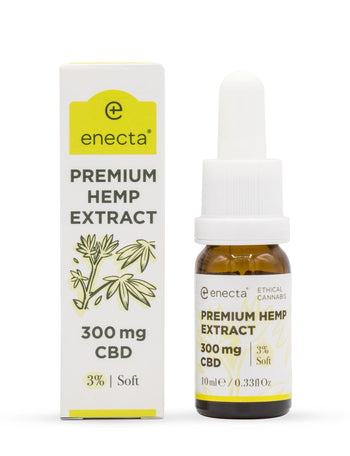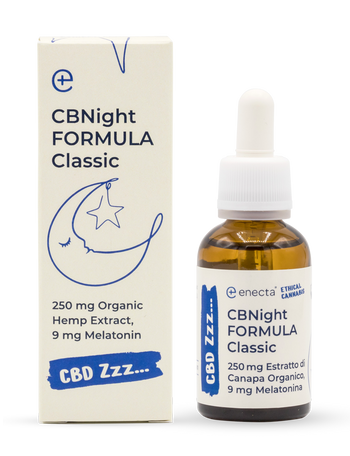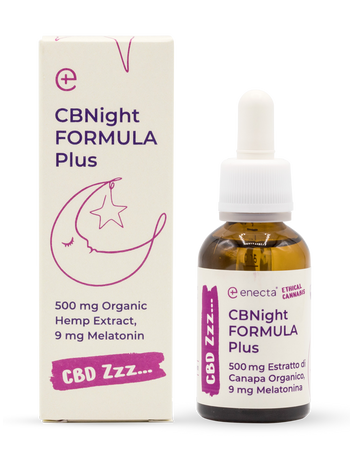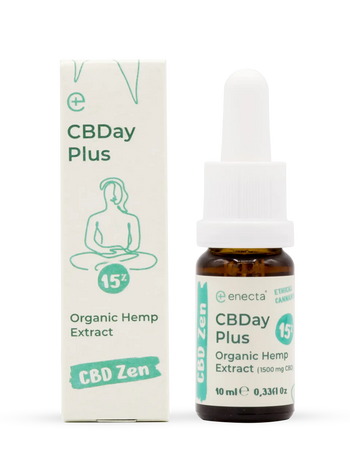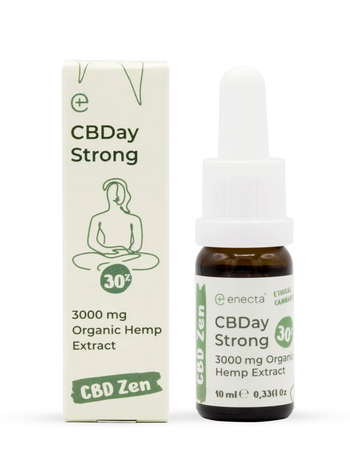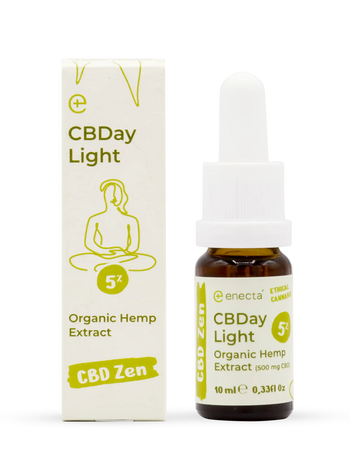Do we really have to be the victims of draconian and illogical laws? Two moms showed us that we really can change the world after their campaign for legal CBD oil in Brazil bore fruit. Previously, CBD oil had not been legal in Brazil, but the huge change in legislation followed a court case in which the parents of young Amy Fischer got a chance to state their case. But that’s not where it all started.
Facebook friends make it happen
Mrs. Fischer and Mrs. Howard became firm friends on Facebook after Fischer joined Howard’s support group “Hope4Harper”. Both mothers had small children suffering from a rare seizure disorder known as CDKL5 epilepsy.
Howard was giving her child CBD oil. Brazil did not allow it, and that led Fischer to approach the courts in the hope that her child could benefit from the purported seizure reducing effects of CBD oil.
CBD oil: Brazil does justice
For those of us who believe that justice, real justice, is hard to come by, Brazil provided an inspiring example of how a country really can listen to the needs of its people and give them not only a fair hearing, but a fair outcome. The Federal judge assigned to the case said in his ruling that it would be inhumane to deprive the Fischers of a treatment that might work when all else had failed.
The Brazilian government was quick to follow up on the finding, with regulations being altered to allow medical access to CBD oil. Brazil’s counterpart of the DEA, ANVISA, took CBD right off the banned substances list, even making it a tax-free import and providing subsidies to those whom pharmaceuticals had not helped, but who couldn’t afford to buy imported CBD oil.
By obtaining recommendations from doctors and going through an application process, Brazilians who want to try CBD oil for their incurable health problems can now obtain permits to import and use CBD oil. However, there are some concerns that the burgeoning CBD oil market includes products that may not even contain CBD at all, and after scandals in which CBD oil users in the US fell ill owing to toxic residues in the botanical extract, testing and verification of products was ruled mandatory by the Brazilian government.
An advanced, humane approach sets the example
Brazil can be justifiably proud of its country’s courts and drug regulation agency. Not only have they made a human decision, but they are also protecting desperate people from unscrupulous companies that sell fake or adulterated products. When it comes to CBD oil, Brazil has set an example that the rest of the world should take note of.
Although it could be argued that the amount of regulatory attention a non-psychoactive substance is getting is rather superfluous, it nevertheless demonstrates progressive thinking that transcends existing laws in the quest for humanity and justice while safeguarding the health of Brazilian people.
























